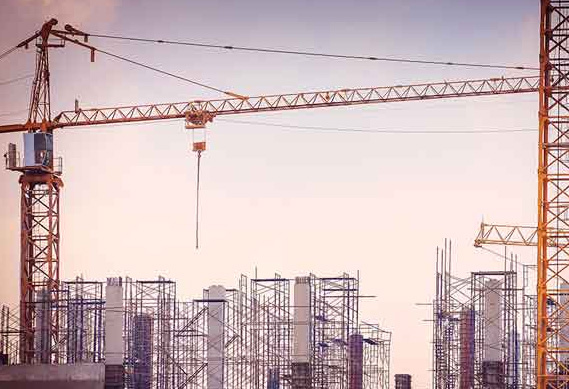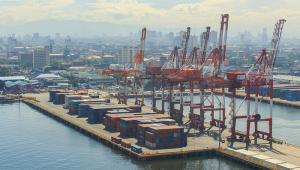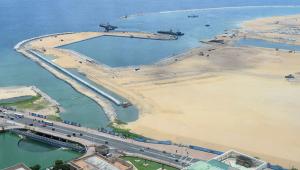Under the Infrastructure Referee Program (IRP), third party consultants will be on hand to offer guidance to both public and private parties on how to resolve any disagreements that might arise over the life of a PPP project.
Ryuichi Kaga, head of the ADB’s PPP division, said the IRP will support the success of PPPs in Asia-Pacific, helping to settle quarrels that can lead to “protracted delays, increased costs and failure to deliver critical services”.
The number of PPPs signed in the region has dropped off dramatically since 2012, but the deals are considered key to unlocking the trillions in investment needed to reach development goals. Around $1.7tn is needed every year to meet the infrastructure needs of developing Asia alone.
The bank hopes the IRP will help strengthen the bankability and implementation of PPPs in the region, alongside another initiative, also announced today, that will advise governments on how to foster PPP creation.
A new ADB publication, the PPP Monitor, provides insight on the current business environment for PPPs in individual ADB countries, and the kind of climate needed to foster their development.
Kaga explained that while both the public and private sectors are interested in PPPs, they often lack this “essential information”, which will cover regulatory frameworks, institutional capacity, market maturity and financial facilities.
“The PPP Monitor will provide country-specific information critical for not only sound policy formation but also for the private sector to make informed business decisions,” he said.
A key finding of the first edition of the monitor is that the better developed a country’s financial market, the larger its market for PPPs.
In all of the eight countries surveyed, the most well developed PPP markets were in the energy sector, which has had the largest share of private involvement in infrastructure projects since the 1990s.














